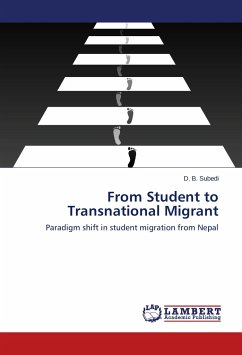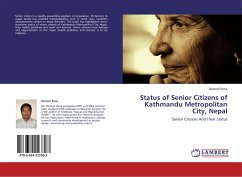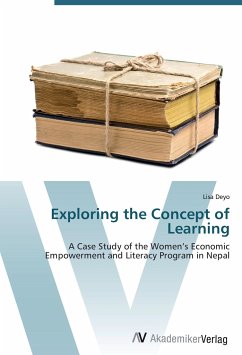This book summarizes a research work which explores how the recent policies explain the meaning of and rationale for school decentralization in Nepal and in what ways the policies are viewed, contested and practiced by local actors such as the parents, teachers and school managers. A recent approach to policy study anthropology of policy is used as a theoretical framework of the study. The study reveals that there is a huge gap between policy and practice and concludes that accomodating the interest of diverse stakeholders, change in bureaucratic culture in government offices and contextualizing the global policy in a local context are major issues for addressing the existing discrepancies between the macro-level policy advocacy and micro-level reality.
Bitte wählen Sie Ihr Anliegen aus.
Rechnungen
Retourenschein anfordern
Bestellstatus
Storno








